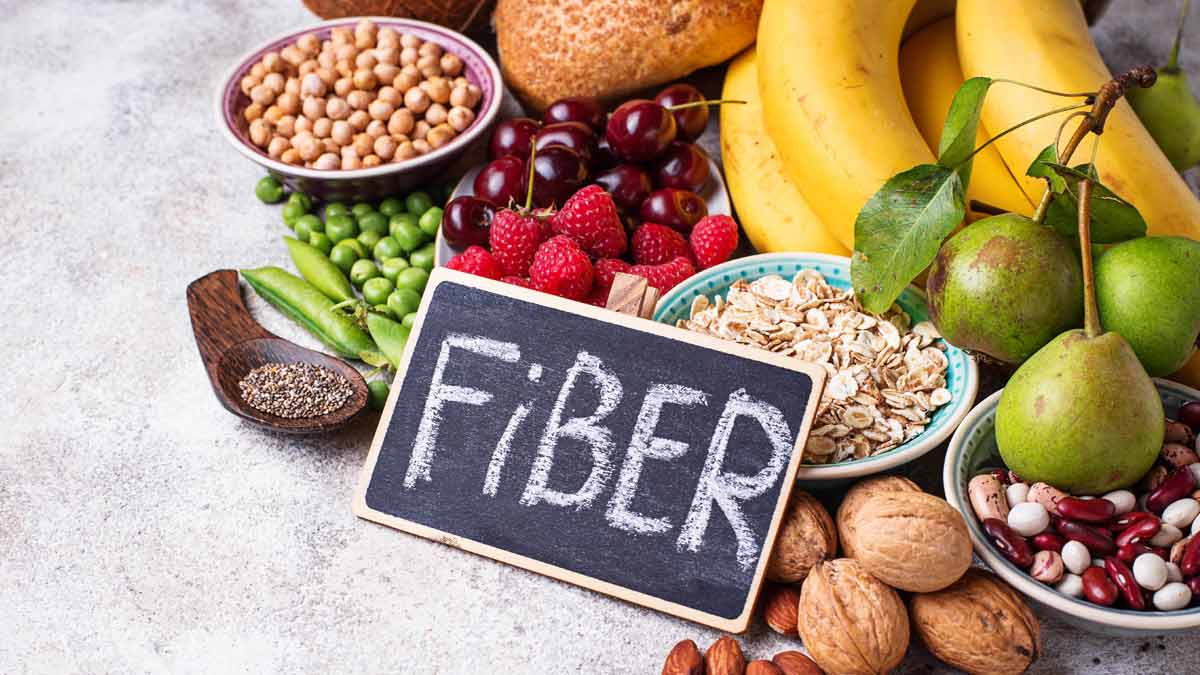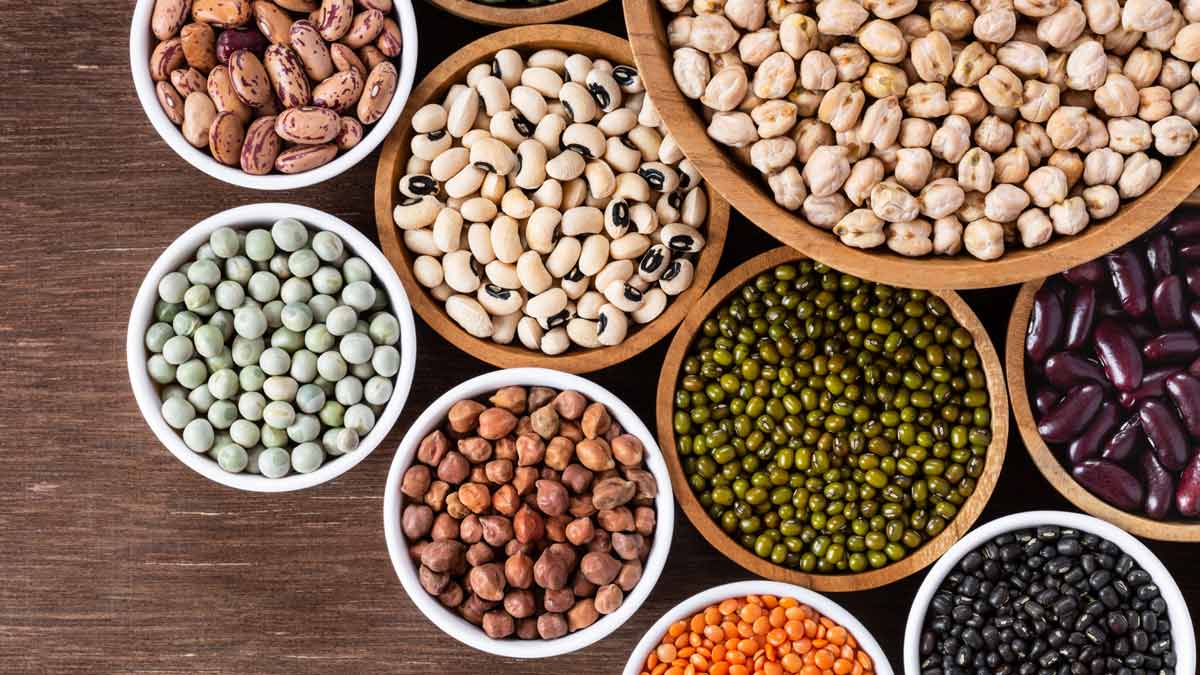
In the pursuit of a healthy lifestyle, one dietary element often underappreciated yet immensely beneficial for heart health is fibre. Found abundantly in plant-based foods, fibre is a powerhouse nutrient that not only supports digestion but also plays a vital role in protecting your cardiovascular system.
Table of Content:-
According to our expert, Dr Sampath Kumar, Kinder Hospital - Bengaluru fibre-rich foods can enhance heart health. Here’s a list of some must-eat options to include in your diet, as per experts.
How Fibre Protects Your Heart
Fibre is categorised into two types—soluble and insoluble—both of which offer unique benefits for overall health. When it comes to heart health, soluble fibre steals the spotlight. Soluble fibre is a type of dietary fibre that absorbs water and forms a gel-like substance during digestion, helping to slow the digestive process.

1. Lowering Cholesterol Levels
Soluble fibre binds to cholesterol in the digestive system and helps eliminate it from the body. This process can lower Low-Density Lipoprotein or LDL (bad) cholesterol levels, a significant contributor to heart disease. Studies show that increasing your daily fibre intake by just 5-10 grams can reduce LDL cholesterol by about 5%.
Also Read: Why Resting Heart Rate Matters For Your Health: An Age-By-Age Guide
2. Regulating Blood Sugar
Fibre slows the absorption of sugar, preventing spikes in blood glucose levels. Stable blood sugar is crucial for heart health, especially for individuals with diabetes or prediabetes, as these conditions can heighten the risk of cardiovascular disease.
3. Promoting Healthy Weight Management
High-fibre foods are often more filling, helping you control your appetite and maintain a healthy weight. Excess weight is a known risk factor for heart disease, and fibre can be an effective ally in weight management.
4. Reducing Inflammation
Fibre can help regulate gut health by nourishing beneficial bacteria, which, in turn, produce anti-inflammatory compounds. Chronic inflammation is a silent contributor to many heart conditions, and a fibre-rich diet can help keep it at bay.
Also Read: Fish and Heart Health: How Fish Can Lower Your Risk Of Heart Disease, Expert Explains

Fiber-Rich Foods To Include in Your Diet
Incorporating a variety of fibre-rich foods into your meals can go a long way in boosting heart health. Here is what our expert recommends:
1. Whole Grains
These grains are rich in soluble fibre, which helps lower cholesterol levels effectively:
- Oats
- Quinoa
- Barley
- Brown rice
2. Fruits
These fruits are not only high in fibre but also packed with antioxidants that further protect your heart:
- Apples
- Oranges
- Berries (blueberries, raspberries, and strawberries)
- Pears
3. Vegetables
Vegetables provide a mix of both soluble and insoluble fibre while being low in calories and high in nutrients:
- Carrots
- Broccoli
- Spinach
- Sweet potatoes
4. Legumes
Legumes are an excellent source of plant-based protein and soluble fibre, making them a heart-friendly addition to meals:
- Lentils
- Chickpeas
- Black beans
- Kidney beans
5. Nuts and Seeds
These foods are rich in omega-3 fatty acids and fibre, contributing to better heart health:
- Chia seeds
- Flaxseeds
- Almonds
- Walnuts
Tips To Increase Fibre Intake
If you worry about your heart health, here are some interesting ways to incorporate fibre into your everyday diet:
- Start your day with a bowl of oatmeal topped with fresh fruits and nuts.
- Snack on raw vegetables or a handful of nuts instead of processed snacks.
- Substitute refined grains with whole grains, such as swapping white bread for whole-grain bread.
- Add beans or lentils to soups, salads, and stews.
- Include a variety of colourful fruits and vegetables in every meal.
Bottomline
While a fibre-rich diet can significantly benefit your heart, there is more to do to have a healthy heart. Regular physical activity, adequate hydration, and avoiding tobacco and excessive alcohol consumption are also crucial components of heart health. Experts suggest prioritising fibre-rich foods as they nurture your heart while also laying the foundation for a healthier life.
Also watch this video
How we keep this article up to date:
We work with experts and keep a close eye on the latest in health and wellness. Whenever there is a new research or helpful information, we update our articles with accurate and useful advice.
Current Version